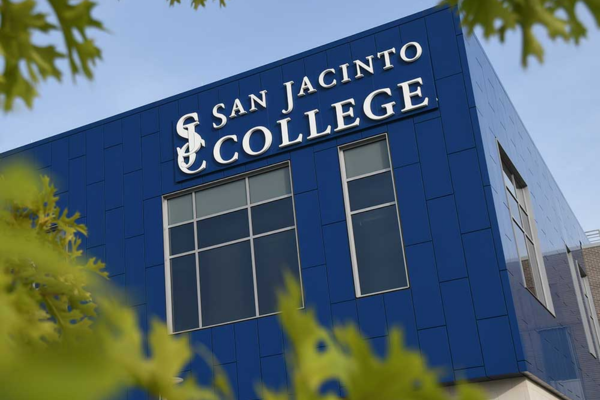As Houston Life Sciences Sector Heats Up, Developers Delivering On Needed Space
Published Jun 07, 2022 by A.J. Mistretta
A life sciences real estate building boom is sweeping the nation, driven by sharp increases in health-related VC funding, promising new therapies from pharmaceutical companies and a shortage of available space, particularly in emerging markets.
Investment in U.S. life sciences real estate increased 62% in 2021, according to a report from commercial real estate firm CBRE. Investment in the sector has grown by 111% since 2018 and another 10% increase is forecast for 2022, with much of that new investment going to ground-up development.
Industry watchers are pointing to Houston as one rapidly evolving market where proximity to the world’s largest medical center and a diverse and educated population are fueling interest from established life sciences and biotech companies aiming to grow, just as new startups hatched out of local research institutions look to scale.
Life sciences/health care led among the local sectors in venture capital funding for four of the last five years and accounted for 26% of all VC funding in the market in 2021. Promising startups and new technology are adding to an already robust market with more than 1,700 life sciences firms, hospitals and research institutions currently operating in the region. Big players such as Abbott, Bayer, Merck and Novartis already have a strong local presence.
Commercial space for life sciences companies, including lab space, offices and more, has been scarce, but a series of projects near Houston’s core are underway to satisfy growing demand. At the same time, a mounting cohort of companies are looking outside the urban center for affordable space in promising suburban districts like The Woodlands, Pearland, Sugar Land and League City.
Here’s an updated look at several major projects:
TMC3
Texas Medical Center is slated to deliver the first phase of its ambitious 37-acre TMC3 collaborative research campus in 2023. The 250,000-square-foot Collaborative Building will include a large-scale research lab, office space, 7,000-square-foot atrium and more. A hotel and conference center, residential and retail space, as well as six additional industry and research buildings are included in the project’s master plan. TMC is working in collaboration with other founding institutions to create the campus centered around a series of parks in the shape of a double helix. The partners include the University of Texas MD Anderson Cancer Center, Texas A&M University Health Sciences Center and the University of Texas Health Science Center at Houston. Learn more.
Levit Green
Hines is slated to complete the first phase of its 53-acre Levit Green life sciences campus this year. The initial five-story building will create 294,000 square feet of space overlooking a plaza and a manmade lake. In time, Hines and its project partners 2ML Real Estate and Harrison Street hope to create roughly 4 million square feet of development on the site located between Hermann Park and Texas 288. Learn more.
Texas A&M Innovation Plaza
Texas A&M University and its development partners Medistar Corp. and Healthcare Trust of America are well underway on Texas A&M Innovation Plaza, a new five-acre campus within the Texas Medical Center and adjacent to the TMC Transition Station. The project is centered around a common green space will include three towers: EnMed Tower, an 18-story, 280,000-square-foot academic building anchored by the university’s Engineering-Medicine (EnMed) program; Life Tower, a 19-story, student housing building; and the 30-story Horizon Tower, which will include 17 floors of life sciences, dry and wet labs, restaurants, retail, and medical office space atop a 2,600-space parking garage. Horizon Tower is slated for completion in Q1 2024. Learn more.
 The Houston Report
The Houston Report




















